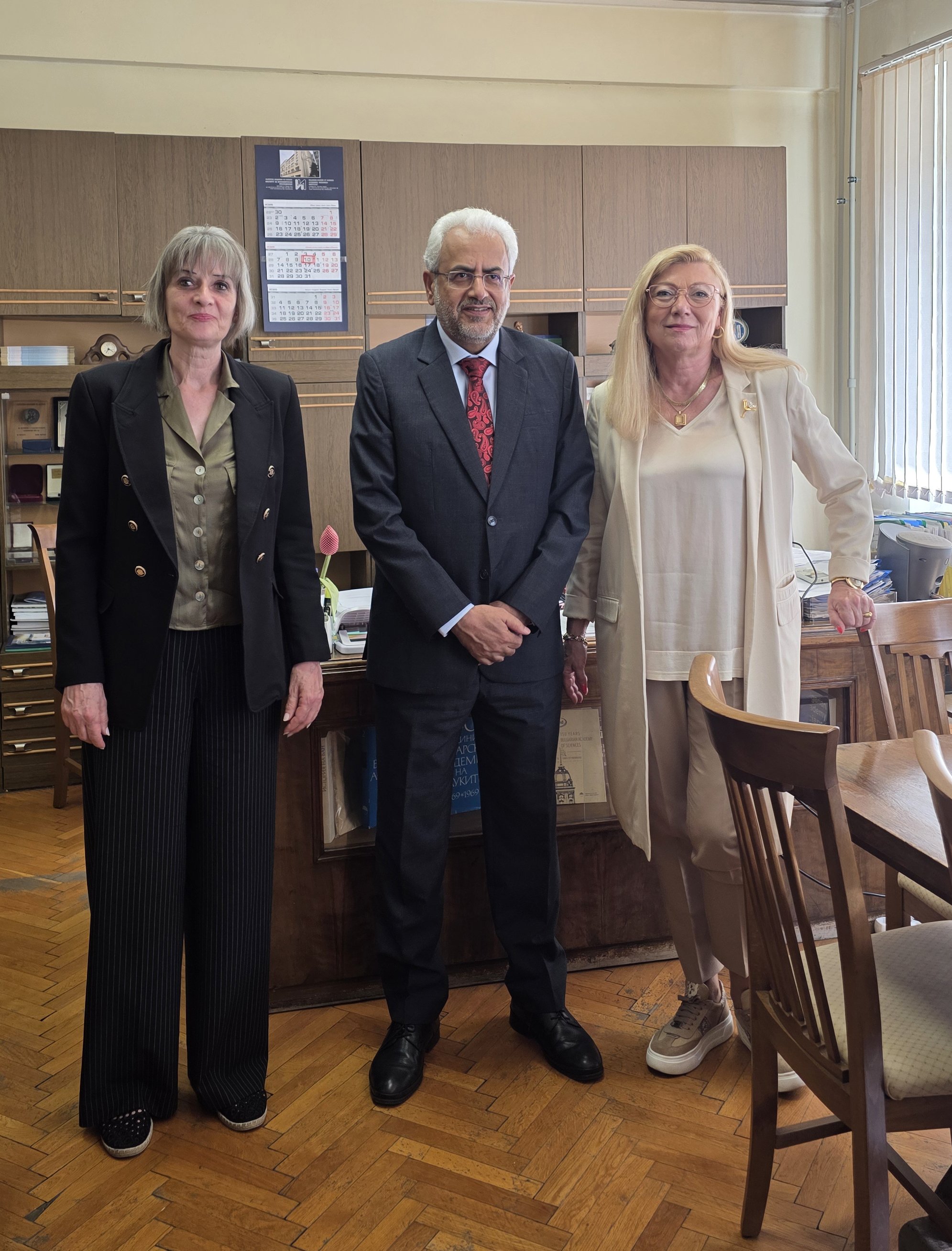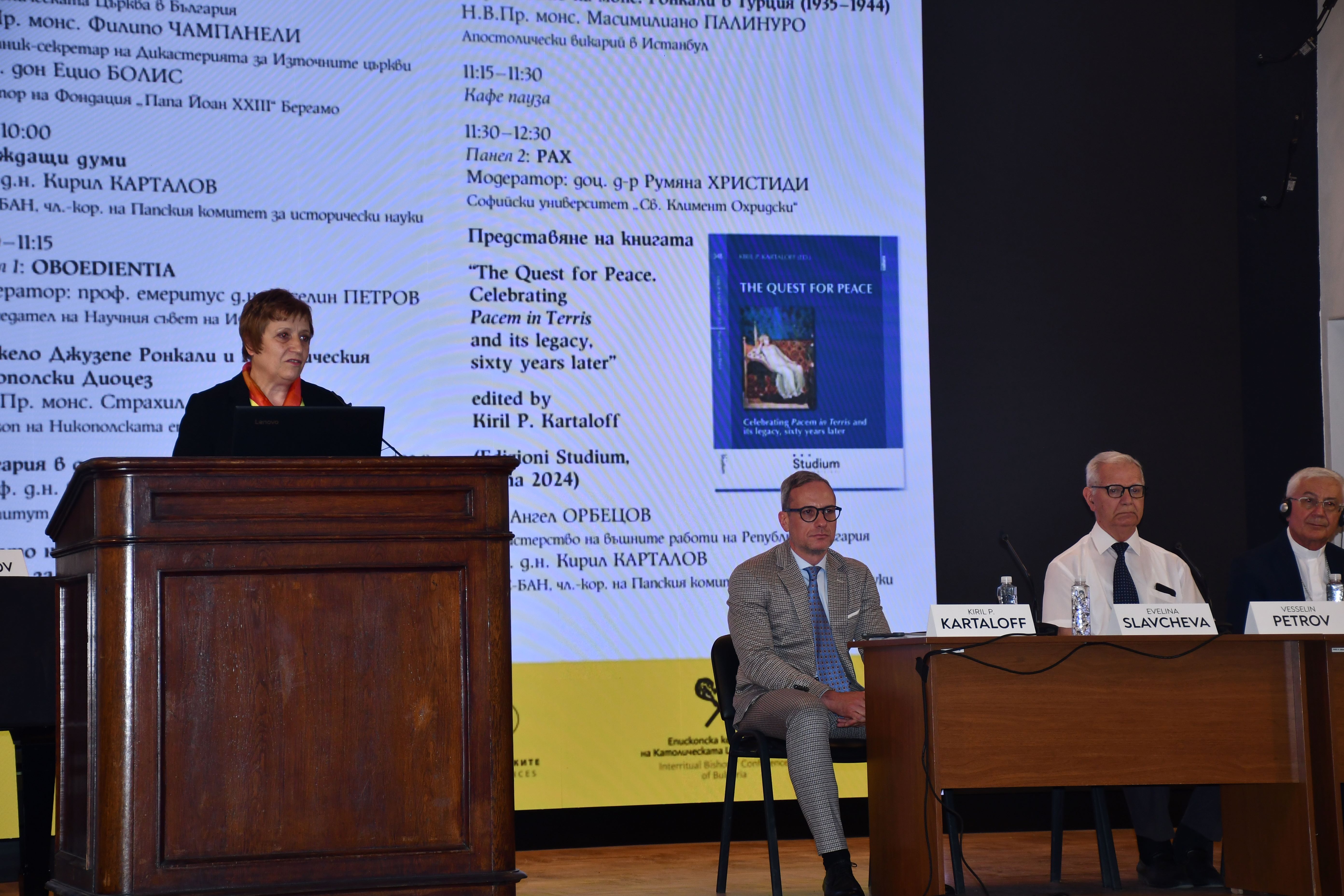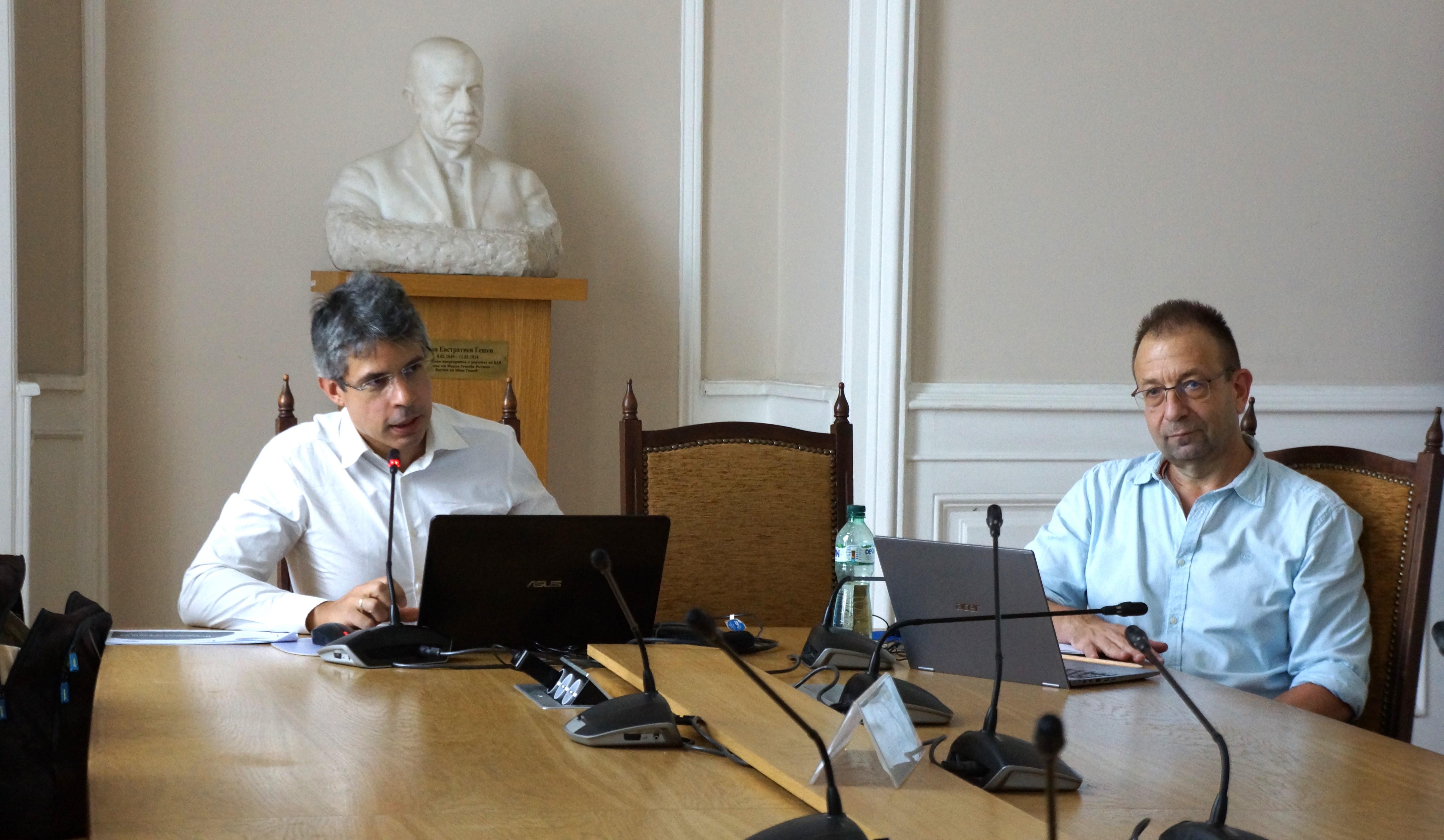 The Department of Psychology at the Institute for Population and Human Studies at the Bulgarian Academy of Sciences (IPHS-BAS) presents the results of a study of stress responses and ways of dealing with it in the conditions of spreading coronavirus infection in Bulgaria.
The Department of Psychology at the Institute for Population and Human Studies at the Bulgarian Academy of Sciences (IPHS-BAS) presents the results of a study of stress responses and ways of dealing with it in the conditions of spreading coronavirus infection in Bulgaria.
The survey started on 22 March, and the results presented are based on data collected from 1365 men and women of all ages over the period 22-28 March 2020.
The data are indicative of what the experiencing of an unknown crisis event of unknown duration and consequences is, such as the occurrence and spread of COVID-19. The situation as well as the measures taken affects the mental well-being of each person.
The results show people’s ability to mobilize their full capacity to cope with anxiety and stress. Such mobilization continues over a period of time after which a sharp rise in stress and anxiety can be expected. The most affected by the negative processes are currently active women, from the capital, with a home office mode of work. The data outline clear evidence of normally distributed levels of optimism and uncertainty intolerance that underlie strategies for coping with stress. Optimism points to the ability to choose effective copings while the slightly elevated levels of uncertainty intolerance – to the need for perspective. People are more concerned about the economic consequences than the threat of infection with coronavirus.
The data are valid for an initial period of crisis experience which implies the need for the study to be repeated after a period of time.
See the presentation HERE.





